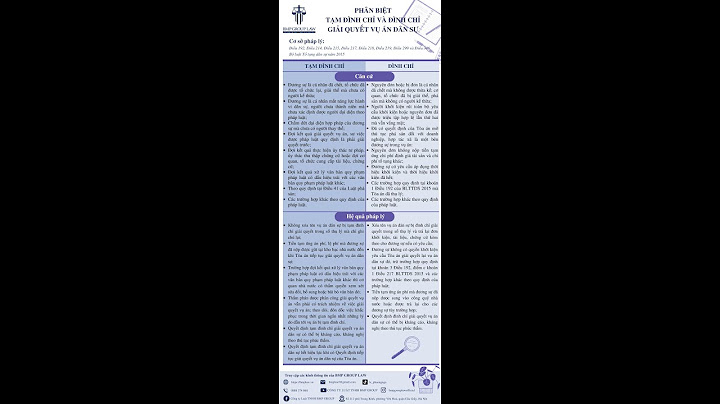Think you might want to get rid of the performance review? You're not alone. A survey of executives revealed 58% believe their current performance management approach drives neither employee engagement nor high performance. Show
That feeling goes well beyond executives. The performance review has become a punch line. Just look at a few of the many comics making fun of what can be an uncomfortable, unproductive experience for all involved:
 When you get busy as a manager, you may not remember anything specific so you end up giving an overly generalized review. This prevents poor performers from improving and the best employees resent not having concrete details that could help them get the next promotion.
As numerous studies have shown, stack ranking employees can have a devastating impact on morale and motivation of team members. It is especially damaging when those doing well are forced to be ranked as poor anyways to fit the system used, like poor Asok, above.
 Many managers end up basing an annual review on what they can remember from the last couple of weeks. This is unfair to the team member who may have been great the other 11 months, and can encourage manipulative behavior from others who may only work hard or politic right before a review. Table of Contents: With the growing hatred for reviews, leaders in HR and beyond are looking for alternatives. This has led to a trend to get rid of the performance review entirely by companies like Deloitte, Adobe, Accenture, and most recently, GE. The main reasons for their decisions to change how they do performance management are:
Given they're viewed as a detriment to all those involved, it's left these companies looking to do something bold and different. This is where they've concluded to eliminate them entirely. However, to get rid of the performance review, you have to have a viable alternative. The Answer to the Death of the Performance Review: Check-ins, Touchpoints, One on OnesIf a conversation once or twice a year doesn't work to improve performance, then talking significantly more frequently about performance is logically the best alternative. It makes feedback more timely, and prevents a big build up to a single, stressful discussion that requires much more effort. Through their own introspection, the companies blazing the trail in this trend have arrived at very similar conclusions on what they're doing instead: Adobe: "In their place, Adobe instituted "check-ins”—ongoing discussions between managers and employees to set expectations, offer feedback on performance, and recognize strong work" If you've been a regular reader of our blog here at Lighthouse, then these descriptions should sound familiar; they're exactly what a great one on one is all about. When you build a real rapport with your team member, give them timely coaching, share feedback both ways, and create a safe place for new ideas, employees become more engaged and feel heard at work. You can fix problems when they're small and ensure your team is operating at a high level. If you're new to one on ones, you can get started with these helpful posts:
Quantifying the value of the one on oneIt's great to see that GE, Deloitte, Adobe, and others have now reinvented the one on one wheel; a fresh spin on old ideas can make it more approachable and convincing for people to try them. There's a reason many managers swear by the value of their one on ones and these new efforts will only further evangelize this important management practice. In the past, much of the ROI of these meetings has been left in more vague terms, like Andy Grove's quote from High Output Management regarding one on ones: "Ninety minutes of your time can enhance the quality of your subordinate's work for two weeks, or for some eighty-plus hours.” Now, thanks to these new initiatives, we have companies committed to measuring the impact of their experiments with one on ones. And the early results are impressive. They leave little surprise as to why these programs went from pilots to full roll outs across their massive organizations:
Want to help all your managers have great 1 on 1s, and know who's struggling to reach out and help them? Then check out Lighthouse and learn here how we help organizations like yours make all your managers great, while giving you the tools you need. What about Compensation and Promotions?While performance discussions have become much more frequent, the secret of all of these companies is compensation and promotion discussions have continued to be held on an annual or bi-annual basis. This makes sense, as no company wants to evaluate compensation on a constant basis. The key is that now managers have a set of ongoing discussions to help inform those decisions, often leveraging notes from their check-ins one on ones throughout the year. They also now can separate performance and compensation discussions so that team members are not distracted in a performance review by whether they're getting the raise they wanted. Are companies moving away from performance ratings?Many companies that are abandoning performance evaluations are moving to real-time feedback systems. That is an excellent way to help people repeat their successes and learn from their failures. But it doesn't help them—or the organization—gauge how they're doing overall. What companies have removed performance ratings?Are you considering finding a replacement for the traditional annual performance review? If so, you'll be in good company. Accenture, Deloitte, Microsoft and General Electric are just four of the many US companies that have done away with the annual performance review. What is replacing performance reviews?Here are seven alternatives to the dreaded annual performance review:. Focus on accomplishments and goals. ... . Have more frequent reviews. ... . Get more input. ... . Replace formal review with casual feedback. ... . Separate feedback from compensation. ... . Go digital. ... . Review the review.. Why are some organizations choosing to eliminate performance reviews?To better support employee development, many organizations are dropping or radically changing their annual review systems in favor of giving people less formal, more frequent feedback that follows the natural cycle of work. |




















